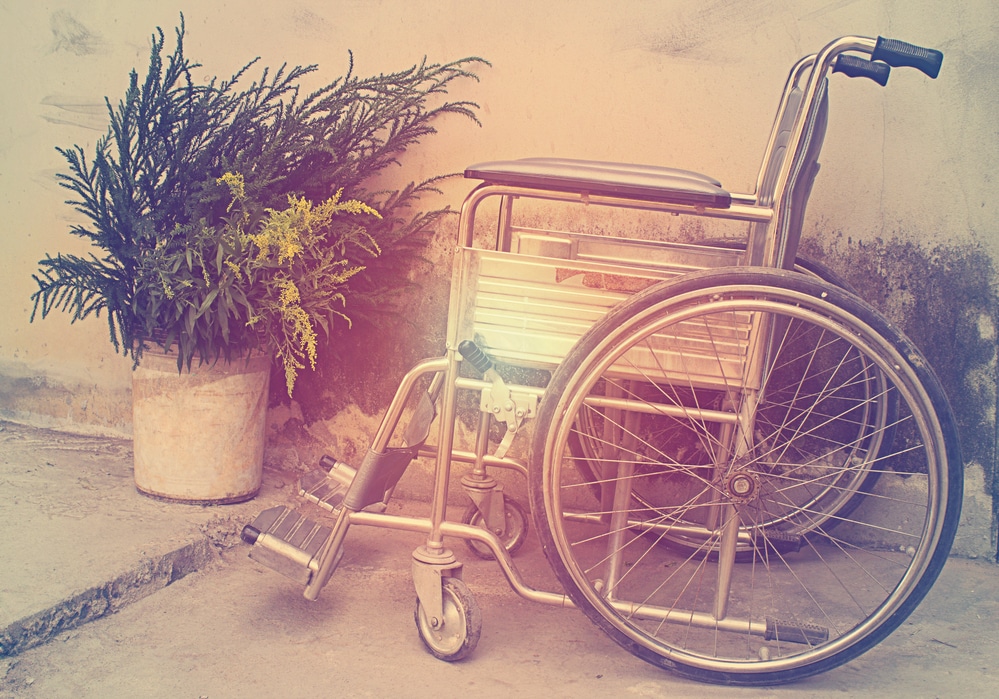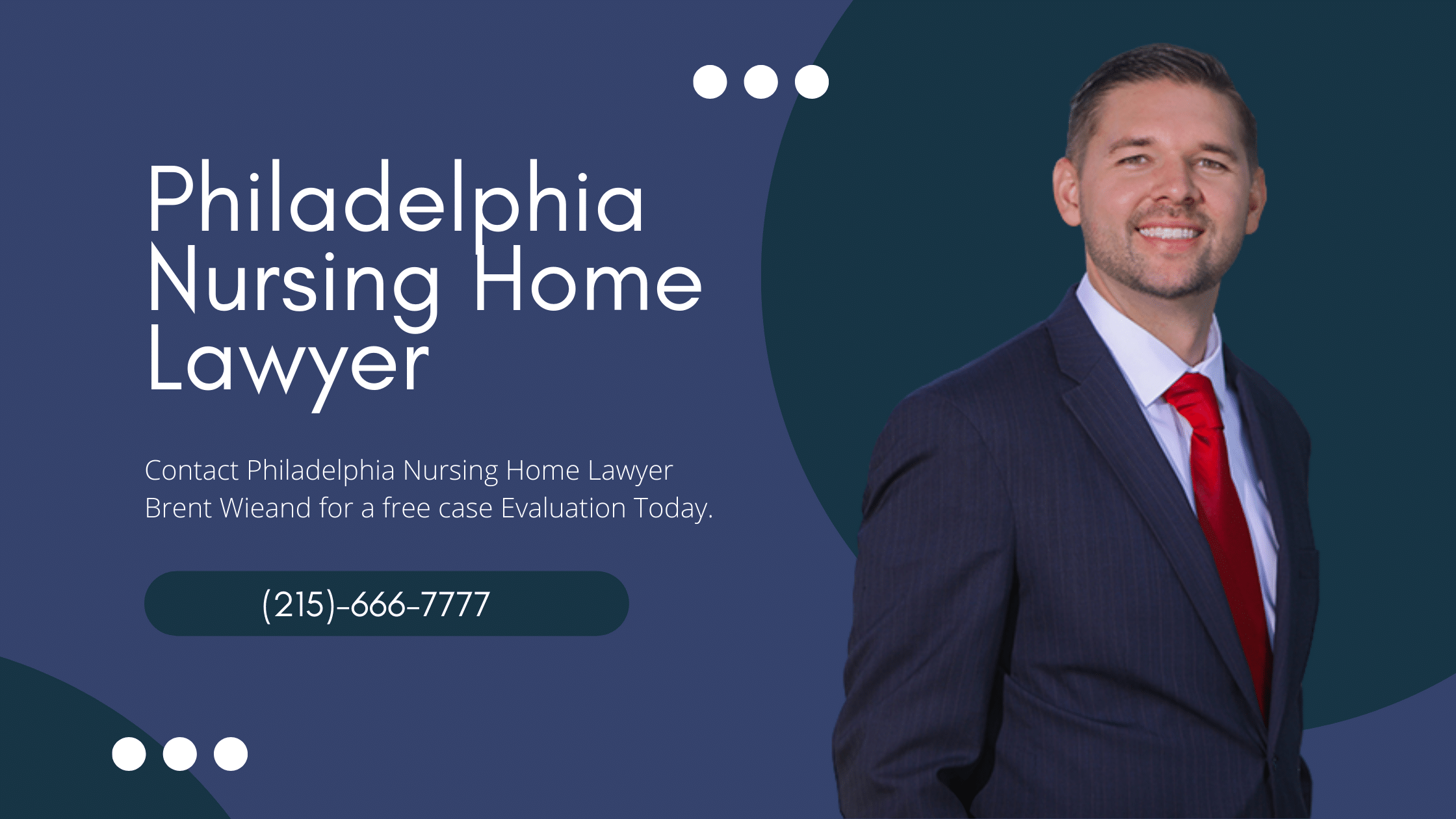According to the New Jersey Office of the State Long-Term Care Ombudsman, incidents of resident-on-resident assaults at nursing homes continue to rise. According to Brent Wieand, a Philadelphia nursing home lawyer at the Wieand Law Firm, nursing homes are responsible for preventing resident abuse, including from other residents. Sadly, resident-to-resident abuse incidents are pervasive in New Jersey nursing homes and can result in serious injuries.
According to Laurie Facciarossa Brewer, the head of the state agency, 456 incidents were reported in 2022, which is an 83% increase from the 249 incidents reported in the prior fiscal year. However, that number may be grossly underreported, as the agency relies on nursing homes to self-report these incidents. Additionally, the ombudsman’s office is only notified of incidents involving residents over age of 60. Since many of these incidents impact residents with dementia who cannot self-advocate, it’s possible for incidents to go unreported unless a family member notices and gets involved.
A 2019 report by the U.S. Government Accountability Office offered troubling insights into abuse trends at our nation’s nursing homes. The report found that abuse cases doubled between 2013-2017. The statistical estimate from the report did not identify how many of these cases involved resident-on-resident abuse.
Shockingly, neither the Centers for Medicare and Medicaid Services (CMS) nor the New Jersey Department of Health tracks cumulative numbers of nursing home abuse complaints specific to resident-to-resident assaults.
A Philadelphia nursing home lawyer contends that nursing homes seeking to increase their occupancy and revenue will admit residents who have behavioral health problems that cannot be adequately met in the long-term care setting.
Occupancy rates in nursing homes dropped severely during the COVD-19 pandemic and have yet to fully rebound to pre-COVD level. As a result, many nursing home administrators are scrambling to fill their beds, leading some to accept residents with dementia or mental illnesses that behave violently or erratically. These residents are most-often integrated with the general population of residents who are medically fragile and vulnerable.
Residents with violent behaviors require – and deserve – a high levels of care and support. Their behaviors are frequently a sign that the resident has an unmet need that they can’t fully express. However, nursing homes that admit these residents often fail to provide the support and supervision needed. Chronic understaffing at many New Jersey nursing homes may be one of the reasons that resident-to-resident abuse cases continue to rise.
 Nursing Homes Are Responsible to Prevent Abuse
Nursing Homes Are Responsible to Prevent AbuseNursing homes are held responsible by federal regulation to prevent abuse. The facility must complete resident assessments and provide care interventions to address a resident’s behavior. They must also evaluate the effectiveness of these care measures and provide immediate interventions to assure resident safety.
In many resident-to-resident abuse situations, the nursing home protests that they have “done everything possible” to prevent abuse. However, regulations demand that each “resident has the right to be free from verbal, sexual, physical, and mental abuse.” Therefore, if resident-to-resident abuse is substantiated, the nursing home can be cited by regulators for non-compliance with federal law.
A Philadelphia nursing home lawyer at the Wieand Law Firm is highly knowledgeable of the federal and state regulations governing nursing homes and can help counsel families on their legal options after resident-to-resident abuse occurs.
There are several types of abuse that occur in New Jersey nursing homes. While staff members are frequent perpetrators of abuse, abuse from other residents also a serious problem. Types of nursing home abuse include:
Physical abuse in nursing homes is the intentional use of force that results in harm, injury, or physical pain to an elderly resident. It can take many forms, including:
Any use of physical force that causes pain, injury, or harm to a resident is considered physical abuse and is unacceptable. In some cases, instances of physical abuse can cause serious injuries in death.
A Philadelphia nursing home lawyer at the Wieand Law Firm represents victims of nursing home physical abuse that sustain serious injuries, such as fractures or brain bleeds. Since many nursing home residents are already vulnerable, they are often unable to fully recover from these injuries or even succumb to them and pass away. In these cases, an attorney may be able to file a wrongful death lawsuit.
 Sexual Abuse
Sexual AbuseSexual abuse in nursing homes involves any unwanted sexual contact or activity between an elderly resident and a staff member, caregiver, or another resident. It is a form of elder abuse that violates a resident’s right to live free from harm and can have devastating physical and psychological effects. Examples of sexual abuse in nursing homes can include:
Sexual abuse is unacceptable and can be devastating the victim and their family. Contact a nursing home abuse lawyer Philadelphia PA trusts if your loved one was victimized by sexual assault at a Pennsylvania or New Jersey nursing home.
If your loved one has suffered from resident-to-resident nursing home abuse, it’s essential to speak up and advocate for their safety. If you suspect nursing home abuse, the first step is to notify the nursing home administrator and demand an immediate investigation.
Additionally, you can reach out to the New Jersey Department of Health and the Office of the State Long-Term Care Ombudsman to report the abuse and request an investigation. While nursing homes are required to self-report these incidents, it widely known that some incidents go unreported by the nursing homes.
If the abuse committed was a crime, reach out to local law enforcement to report the incident. Crimes against the elderly are serious offenses and deserve to be properly investigated.
 Contact a Philadelphia Nursing Home Lawyer
Contact a Philadelphia Nursing Home LawyerIf you suspect that a loved one has been the victim of abuse in a nursing home, contacting a nursing home lawyer can be an important step in seeking justice and holding responsible parties liable. A nursing home abuse lawyer can provide:
Overall, contacting a nursing home abuse lawyer can help you seek justice for your loved one and hold the responsible parties liable for the harm they caused. It can also help prevent similar abuse from happening to other vulnerable residents in the future.
Call 215-666-7777 today to speak directly to a Philadelphia personal injury lawyer about abuse suffered at a Pennsylvania or New Jersey nursing home.